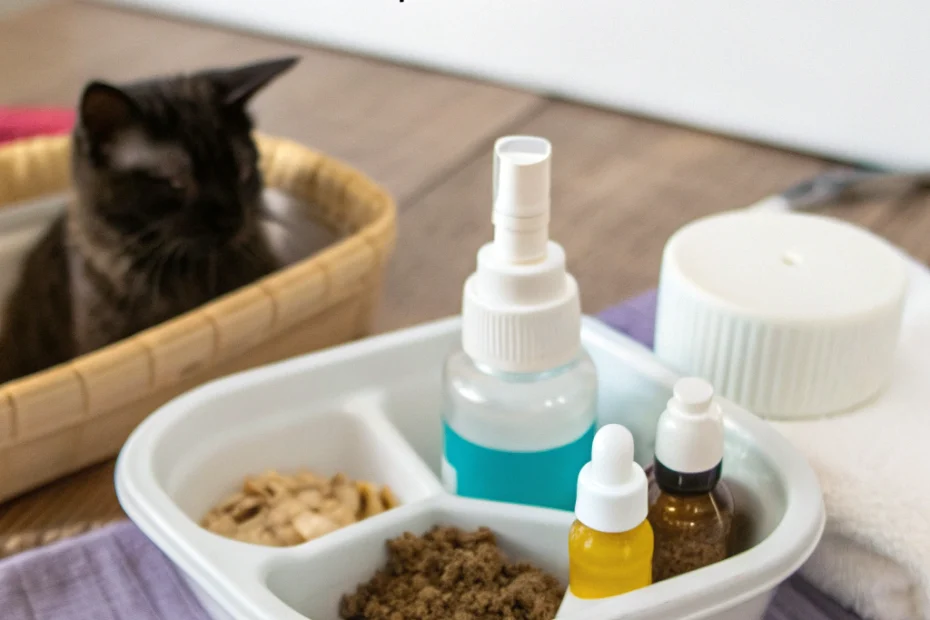At-a-Glance
Ear mites are a common issue in cats, causing discomfort and irritation. Fortunately, there are several treatment options available that can help manage and potentially eliminate these pesky parasites.
How to Choose
When selecting a treatment for ear mites in cats, consider factors such as the severity of the infestation, your cat’s age, and any pre-existing health conditions. Over-the-counter treatments can be effective, but a vet’s recommendation may provide more tailored solutions.
Safety & Setup
Safety is paramount when treating ear mites. Always follow package instructions carefully and consult your veterinarian to ensure the treatment is appropriate for your cat’s specific needs. Ensure your cat is comfortable and secure during application, minimizing stress and potential injury.
Core Pillars
The core pillars of ear mite treatment include cleaning, medication, and ongoing prevention. Regular cleaning of your cat’s ears can reduce mite presence, while medicated drops can help eradicate the parasites. Preventative care, such as regular check-ups and hygiene maintenance, is essential for long-term management.
Placement & Environment Tips
Maintain a clean living environment to prevent re-infestation. Regularly wash bedding, vacuum your home, and consider using flea control products as ear mites can often accompany flea infestations.
Comparison with Alternatives
While traditional treatments like medicated drops are commonly used, alternative options include natural remedies such as oils or herbal treatments. These alternatives may appeal to pet owners seeking chemical-free solutions, though their effectiveness can vary.
FAQs
How do I know if my cat has ear mites? Look for signs such as excessive scratching, head shaking, and ear discharge. A vet can confirm the diagnosis.
Are ear mites contagious? Yes, they can easily spread between pets through close contact.
What to Do Next
If you suspect your cat has ear mites, schedule a vet appointment for a proper diagnosis. Follow their guidance on the most suitable treatment options and maintain regular check-ups to ensure your cat’s ears stay healthy and mite-free.
Disclaimer: Always consult your veterinarian for personalized advice regarding your cat’s health.
